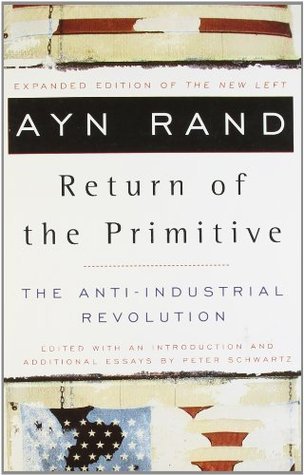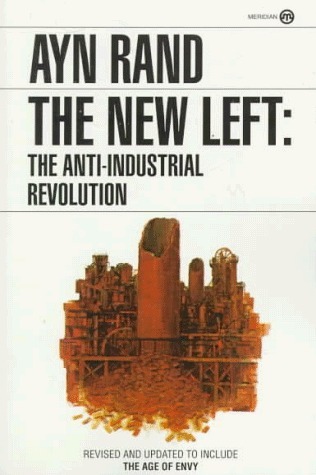
Capitalism: The Unknown Ideal
Book Description
Imagine a world where freedom and prosperity reign hand-in-hand, but whispers of sinister control lurk beneath the surface. "Capitalism: The Unknown Ideal" takes you on a provocative journey through the intricate tapestry of capitalism, exposing its misunderstood brilliance and the destructive forces threatening it. With sharp, uncompromising elegance, Ayn Rand champions individualism and the moral superiority of a free market, challenging you to confront sacred cows of collectivism that bind society. As the tension between self-interest and social obligation escalates, can true capitalism emerge unscathed in a world that fears its power?
Quick Book Summary
"Capitalism: The Unknown Ideal" is Ayn Rand's powerful ideological defense of capitalism as a moral and practical system. Unlike typical economic analyses, Rand's work examines capitalism through a philosophical lens, arguing it is the only system compatible with individual rights and true human freedom. She criticizes collectivist ideologies like socialism and mixed economies, asserting that only a fully unregulated market based on voluntary trade protects personal liberty. Rand highlights the moral corruption she sees in government intervention, exposing the dangers of altruist ethics that prioritize the collective over the individual. Together with essays from her intellectual allies, Rand makes the case that capitalism's potential has been distorted by misconceptions, and only by embracing its unknown ideal can societies achieve genuine prosperity, peace, and justice.
Summary of Key Ideas
Table of Contents
The Moral Foundations of Capitalism
Ayn Rand opens her work by challenging readers to reconsider capitalism not simply as an economic system, but as an unknown ideal rooted in moral philosophy. She argues that capitalism's core principle—respect for individual rights—forms the bedrock not only for material progress but for the pursuit of happiness and justice. Unlike other systems, capitalism places the individual above the collective, justifying free markets on ethical as well as practical grounds. Market functions, under this framework, are driven by voluntary interactions and free choice, establishing an environment optimal for human flourishing.
Individualism versus Collectivism
Rand draws a sharp distinction between individualism and collectivism, weighing the consequences of each on social and economic arrangements. She critiques collectivist ideologies, especially socialism, for subjugating the individual to the group and using force to redistribute wealth. According to Rand, societies that prioritize the needs of the collective inevitably erode freedom and stifle creativity. Individualism, in contrast, encourages innovation, productivity, and personal accountability—building blocks of private enterprise that fuel prosperity and progress.
The Dangers of Government Intervention
A central theme is the destructive impact of government intervention in the economy. Rand contends that every regulation, subsidy, or control distorts the voluntary relationships that capitalism relies on, introducing inefficiencies and corruption. By encroaching upon individual freedom, governments undermine the integrity of markets and incentivize dependency. Throughout the book, Rand and her co-authors examine real-world examples, arguing that mixed economies blend the worst of both systems, leaving societies trapped and deprived of the full benefits of capitalism.
The Role of Rational Self-Interest
The role of rational self-interest is celebrated as the driving force of capitalism. Rather than equating self-interest with greed, Rand posits that rational self-interest entails recognizing the value of others as trading partners and the legitimacy of pursuing one's own happiness. She rebuffs altruism as a moral duty enforced at the expense of the self, asserting that a just society must allow individuals to act on their values and reap the consequences—positive or negative—of their actions. Such a framework, she argues, fosters trust, integrity, and voluntary cooperation.
The Misconceptions Surrounding Capitalism
Finally, Rand addresses widespread misconceptions and criticisms surrounding capitalism. She argues that many people conflate today’s “crony capitalism” or interventionist systems with the true, laissez-faire ideal she advocates. Misunderstandings about capitalism’s nature, its association with greed, and its supposed incompatibility with compassion are refuted by pointing to history’s evidence that liberty and prosperity bloom where capitalism is least constrained. Rand’s essays, together with contributions by Alan Greenspan and others, invite readers to re-examine their assumptions and recognize capitalism as the moral ideal capable of bringing about peace and abundance.
Download This Summary
Get a free PDF of this summary instantly — no email required.





